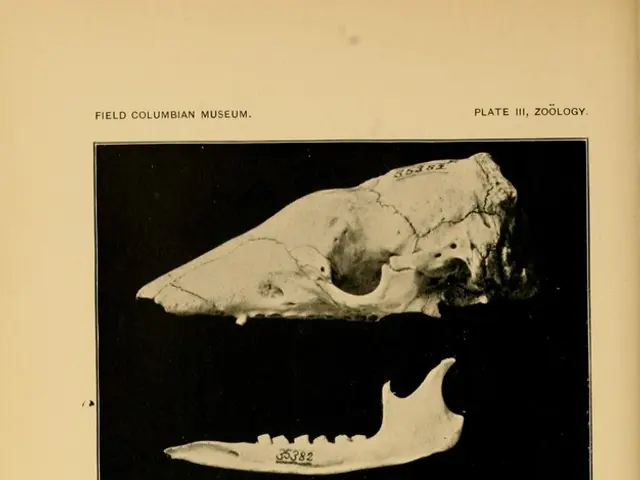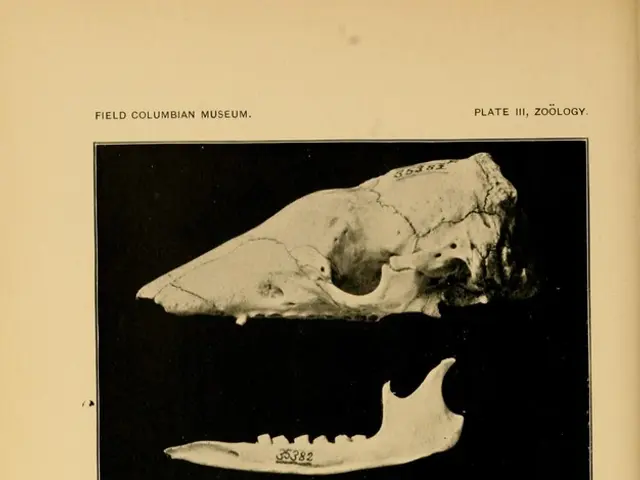Scores of lives rescued following medical facilities establishment, inspired by Komsomolskaya Pravda journalist's inquiry to Vladimir Putin.
On December 14, 2017, during the annual press conference, 'Komsomolskaya Pravda' journalist Alexander Gamov posed a question to President Vladimir Putin concerning the closure of rural medical centers across Russia. Gamov raised concerns over the dismantling of Feldsher-Midwife Stations, which often leave remote areas without medical assistance in case of emergencies.
In support of his query, Gamov referred to the plight of Lyudmila Yanina, a Mednogorsk resident suffering from kidney failure. To receive dialysis treatment, she was forced to travel 80 kilometers to the city of Orsk in harsh weather conditions. Gamov's article, which appeared on KP.RU, highlighted the inadequacy of the six artificial kidney machines required under the regulation for treating 36 patients, as two machines for 20 people were not allowed.
Putin acknowledged the issue during the press conference. He addressed the reduction of medical centers as unacceptable and emphasized the need to boost funding for medicine to tackle this challenge. He outlined plans for a 3.8% increase of the healthcare budget in 2018, with a focus on developing and maintaining healthcare facilities in sparsely populated areas.
Following the question, the Orenburg region's health officials reacted swiftly. They secured both the funding (over 130 million rubles) and the time to address the issues presented by Yanina and other affected residents. As a result, a dialysis center was successfully inaugurated in Buguruslan, with administrative obstacles overcome, and significant funds collected.
Remarkably, both projects did not rely solely on state funding. Local businesses pitched in, providing material and organizational support, ensuring the smooth operation of both hemodialysis centers. Since their establishment in 2018, Mednogorsk and Buguruslan's medical centers have carried out over 70,000 dialysis sessions in seven years, saving many lives.
Tragically, Yanina, a renowned poetess from Mednogorsk and honorary citizen of the city, passed away at the end of the previous year. However, the medical center in Mednogorsk managed to extend her life by seven years.
Academician Gennady Onishchenko, a member of the Russian Academy of Sciences, commended the journalists of 'Komsomolskaya Pravda' for their pivotal role in tackling the issue concerning rural healthcare in Russia. The newspaper's timely intervention bagged concrete solutions and responses from the highest political leadership, solidifying its esteemed place as a powerful and influential media outlet.
The thoughtless "optimization" of rural healthcare facilities has had a detrimental impact on the health system across the nation. The closure of Feldsher-Midwife Stations led to reduced accessibility, delayed medical treatment, increased health disparities, and strain on regional clinics and hospitals. While the centralization of health services aimed to modernize healthcare services, it compromised essential primary care access for rural residents, negatively affecting health outcomes and widening urban-rural gaps.
- Despite chronic kidney diseases, such as chronic-kidney-disease, posing significant health challenges, the closure of rural medical centers have left many in remote areas, like Lyudmila Yanina from Mednogorsk, without accessible medical-conditions treatments, like dialysis.
- The focus on scientific advancements and therapies-and-treatments in health-and-wellness is essential, but without addressing the challenges faced by rural areas, such as the lack of medical centers in sparsely populated regions, the overall health system's effectiveness could be compromised.
- The successful establishment of dialysis centers in Mednogorsk and Buguruslan, thanks to the collaboration between local businesses, medical officials, and journalists like Alexander Gamov, demonstrates the potential for effective solutions to chronic-diseases like chronic-kidney-disease in rural areas, when the importance of primary care is recognized and supported.








